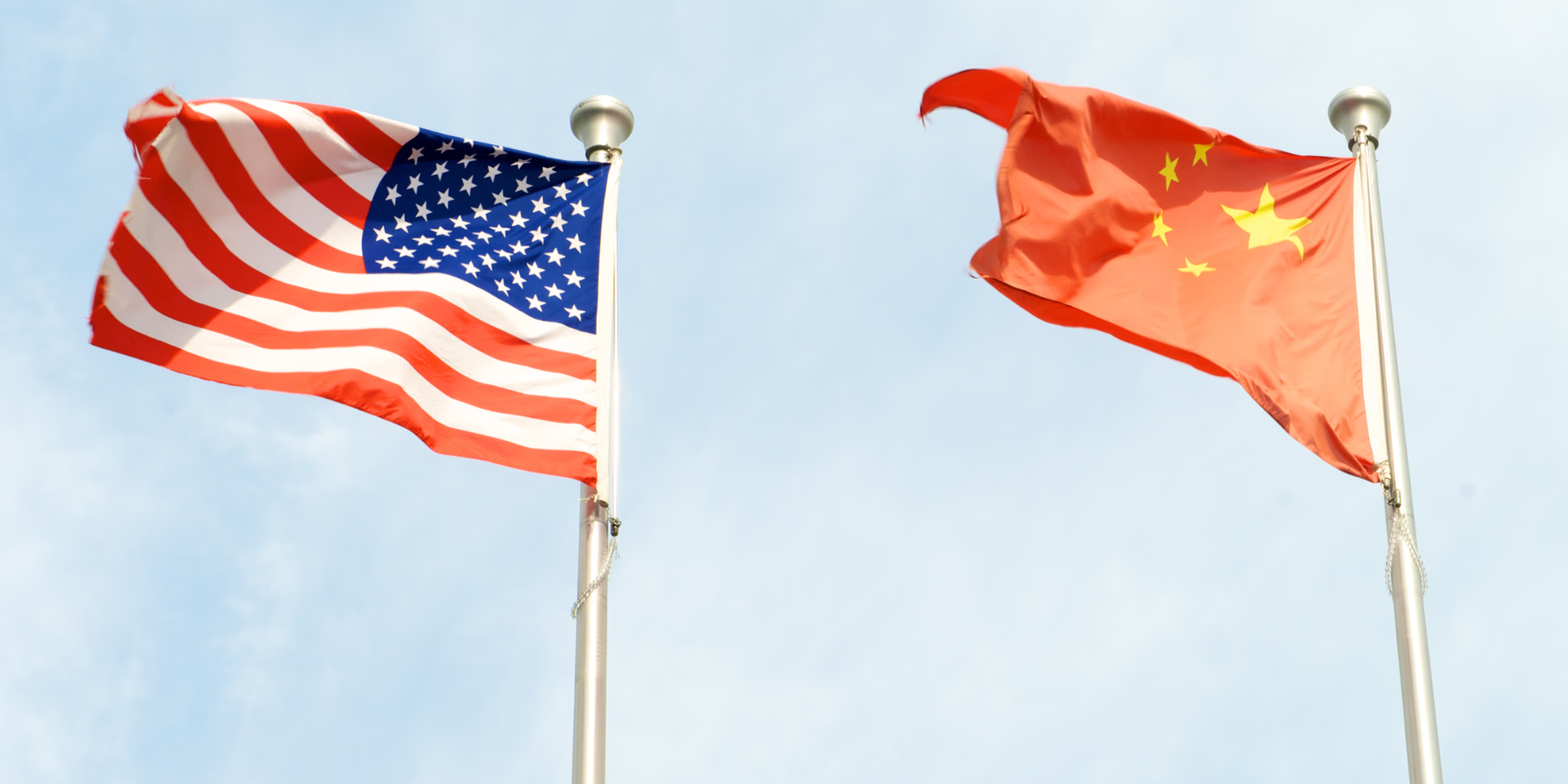In today's world, transparency is no longer a luxury—it's a necessity. It has transitioned from being a buzzword to a vital component of sustainable business practices.
Consumers today are not only seeking stylish, high-quality products but are also demanding more visibility into how those products are made, what materials are used, and whether they align with ethical standards.
A study on post-pandemic changes conducted by Stackla, a well-known visual content marketing platform, found that 88% of customers consider authenticity to be essential when choosing which brands to support and support.
This push for transparency isn't limited to addressing environmental concerns but extends to the treatment of workers, the sourcing of raw materials, and the overall ethical footprint of a brand.
The 2024 'What Fuels Fashion' Report by Fashion Revolution, ranked 250 of the world’s largest fashion brands based on their climate and energy data disclosure, particularly in their supply chains.
The findings underscore just how far the industry still has to go—particularly when it comes to transparency and accountability. In the traceability of raw materials alone, the numbers are telling:
-
Only 8% of companies publish a list of selected raw material suppliers
-
Just 5% disclose the names of specific farms or facilities
-
A mere 2% release a full supplier list
These gaps reveal a systemic lack of visibility at the foundation of the fashion supply chain
That view didn’t fade in 2024—it carried into 2025, as transparency and traceability were increasingly recognized as defining themes for the year ahead.
The McKinsey State of Fashion report 2025 named it a clear executive priority for brands:
“Partner with leading traceability and impact measurement providers and collaborate more closely with suppliers on data transparency.”
If you understand what it means for something to be an executive priority, then you know this isn’t a future goal—it’s an action that needs to be implemented now.
In this article, we’ll explore the impact that transparency can bring for fashion brands.
Furthermore, we'll also tackle on how they can ensure their supply chains are ethical while boosting their brand reputation.
In this article, we’ll explore the impact that transparency can bring for fashion brands. Furthermore, we'll also tackle on how they can ensure their supply chains are ethical while boosting their brand reputation.
Transparency in Fashion: Why It Matters
The rise of fast fashion has created immense pressure on global supply chains, contributing to human rights abuses, environmental degradation, and unethical labor practices. Consumers, particularly younger generations, are no longer willing to turn a blind eye to these realities. They want to know how their clothes are made, by whom, and under what conditions.
Last year, the industry was shown just how far there is to go. The 2024 Global Fashion Transparency Index revealed that many fashion companies continued to withhold even the most basic information around their environmental and labor practices.
Only 41% of brands surveyed shared information about their wage policies—and just 24% disclosed actual wages paid within their supply chains.
These figures underscored an urgent need for greater accountability, especially at a time when transparency is no longer optional but expected.
Today, brands that fail to provide transparency risk more than just reputational damage. They face potential regulatory consequences with new frameworks, such as the EU's Working Plan under the Ecodesign for Sustainable Products Regulation (ESPR).
This plan prioritizes specific product groups for new rules, with requirements gradually rolling out from now until 2027. As these standards take shape, brands that don't align may find it increasingly difficult to access the EU market.
By committing to transparency, brands:
-
Ensure compliance with global regulations
-
Foster authenticity in their operations
-
Build trust with consumers worldwide.
This approach not only meets evolving legal standards but also strengthens brand reputation across diverse markets.
The Risks of Not Embracing Transparency
A lack of transparency poses significant risks for fashion brands. As we saw on the report mentioned previously, many global fashion brands are still not on track to meet the decarbonization goals they have set for 2025 and 2030. This delay isn't just a matter of bad PR—it translates to real financial risks. According to a study by McKinsey & Company, extreme weather events linked to climate change could wipe tens of billions of dollars from garment sector earnings by 2030.
When brands are opaque about their supply chains, they leave themselves vulnerable to:
-
Reputational Damage from Scandals → Lack of transparency opens the door to serious controversies, like forced labor or toxic environmental practices being uncovered. The fallout? Boycotts, widespread negative press, and long-term damage to consumer trust. These issues can persist for years, affecting a brand's ability to recover.
-
Missed Consumer Connection → Consumers are becoming more and more selective, favoring brands that align with their vision and values. By staying opaque, brands forgo the chance to connect deeply with customers who prioritize responsibility and authenticity, leaving a gap in loyalty and advocacy.
-
Regulatory Risk → As regulations around supply chain transparency tighten globally, brands that remain opaque risk facing non-compliance penalties. The EU’s Ecodesign Working Plan, along with other evolving standards, underscores the urgency for businesses to adapt—or face costly repercussions.
-
Supply Chain Instability → Without full visibility into their supply chains, brands are more vulnerable to disruptions, from legal action to unexpected cost increases due to non-compliance or subpar practices.
-
Diminished Investor Confidence → Lack of clear, honest communication about supply chains and practices could result in investors seeking out more transparent and responsible alternatives, potentially harming the brand’s financial standing.
However, we must point out that: Although many brands are making promises, they are failing to deliver measurable outcomes. Transparency helps bridge this gap, ensuring that brands aren’t just paying lip service to sustainability but are taking real steps toward change.
How to Ensure Your Supply Chain is Ethical
Ensuring an ethical supply chain might seem overwhelming, but there are concrete steps that fashion brands can take to increase transparency and accountability. Below are four strategies for fashion brands to build more transparent and ethical supply chains.
1. Implement Blockchain Technology for Supply Chain Tracking
Blockchain technology has become a game changer for brands looking to enhance transparency. By using blockchain, fashion companies can create a permanent digital ledger that tracks every stage of a product’s journey—from the sourcing of raw materials to the moment it reaches the consumer. This data cannot be altered, making it a reliable source of truth for both brands and customers.
Blockchain technology can also help brands demonstrate compliance with ethical labor practices and environmental standards. Consumers can scan a QR code on a garment’s label to access a detailed history of the product, gaining insight into where it was made, how it was produced, and by whom.
Major players like Stella McCartney and Gucci have already implemented blockchain to authenticate their products and ensure that they meet strict sustainability standards. By adopting blockchain, brands can enhance their credibility and build trust with an increasingly informed customer base.
2. Partner with Third-Party Certifications and Auditors
One of the most effective ways to ensure that your supply chain is both transparent and ethical is by partnering with third-party certification bodies and auditors. Certifications like Global Organic Textile Standard (GOTS), Fair Trade, and OEKO-TEX provide a reliable seal of approval, verifying that your brand is adhering to stringent environmental and labor standards.
By engaging in regular audits, fashion brands can identify areas of their supply chain that may require improvement, ensuring that all materials and labor practices are ethical. Certifications not only serve as a powerful marketing tool but also offer reassurance to consumers who want proof that your brand is taking real action toward sustainability.
Third-party certification is also becoming a regulatory necessity. Brands operating in the European Union, for example, must comply with the Circular Economy Action Plan (CEAP), which includes stringent guidelines on sustainability and circularity. Working with certified suppliers ensures that your brand stays ahead of these evolving regulations.
3. Use Digital Tools for Supply Chain Management
Supply chain management in the fashion industry is notoriously complex, with multiple layers of suppliers, manufacturers, and distributors. This complexity makes it difficult to ensure full transparency, but digital tools can help simplify the process.
Platforms like Pivot88 and SourceMap allow brands to monitor their entire supply chain in real-time, offering detailed insights into every tier. These tools provide transparency reports, help identify risks, and streamline communication with suppliers. By adopting these technologies, fashion brands can make their supply chains more efficient and ethical while also enhancing their ability to track key sustainability metrics.
For example, SupplyShift, a popular platform, enables brands to assess the sustainability of each supplier in their chain, from carbon emissions to labor conditions, creating a transparent ecosystem that holds everyone accountable.
4. Source from World Collective: A Sustainable Solution
While technology and certifications are critical, one of the most powerful steps a brand can take toward transparency is sourcing from platforms dedicated to sustainability. The World Collective Ecosystem is a global platform that connects fashion brands with eco-conscious, certified textile suppliers.
At World Collective Ecosystem, we believe that transparency is key to building a sustainable fashion future. Our platform offers a curated selection of sustainable materials, allowing brands to ensure that their products are ethically sourced. The suppliers on our platform are rigorously vetted and hold certifications like OEKO-TEX, Fair Trade, and GOTS, making it easier for brands to maintain ethical standards throughout their supply chains.
By sourcing through World Collective Ecosystem, brands gain:
-
Access to Certified Suppliers: Every supplier on the platform is vetted for sustainability and ethical labor practices.
-
Global Visibility: The Ecosystem connects brands with suppliers from around the world, offering unparalleled access to sustainable materials.
-
Transparency Reports: Our platform provides transparency reports that detail the origin and environmental impact of the materials used in your products.
As a brand owner, you no longer have to navigate the complexities of supply chain transparency alone. Our technology helps you maximize visibility, build consumer trust, and ensure that your supply chain meets the highest ethical standards.
The Business Case for Transparency
Beyond meeting consumer demand, transparency offers significant business benefits.
Platforms like Good On You—the leading authority on fashion and beauty sustainability ratings—are helping brands showcase their commitment to sustainability and transparency.
By keeping track of their supply chain, brands can get rated on Good On You, increasing their recognition worldwide.
"Being rated on Good On You is an amazing opportunity for brands to gain recognition, especially since it is highly popular in the industry right now, particularly within sustainability communities.”
Brands backed by a transparent supply chain can learn how to get listed on Good On You and leverage it’s business success.
Take Yes Friends, for example. What began as a small, sustainable fashion boutique in a shipping container has grown into a globally recognized brand.
Rated “Great” by Good On You, their success is built on supply chain transparency and traceability.
It’s a perfect example of how small and medium-sized fashion businesses can leverage transparency to make a big impact and compete with the bigger players in the industry.
Moreover, they are better equipped to navigate challenges such as supply chain disruptions and rising material costs, as they have greater visibility into every aspect of their operations.
Brands that invest in transparency now will be better positioned to meet the evolving demands of the fashion industry and to build long-term value.
The Time for Transparency is NOW
The fashion industry is at a critical juncture. The future of fashion will be defined by how brands respond to the growing demand for transparency and ethical practices. Those that take meaningful steps toward transparency will not only earn the trust and loyalty of their customers but will also lead the industry toward a more sustainable future.
If you’re ready to take that step, World Collective Ecosystem is here to help. Our platform offers the tools and connections you need to source sustainable materials, maximize visibility, and ensure your supply chain remains ethical and transparent.
Here’s how we can help:
-
Access to Sustainable Materials: Find and connect with suppliers who align with your sustainability goals.
-
Supply Chain Traceability: Gain visibility into your supply chain and track materials from origin to end product.
-
Global Textile Library: Reach a broader audience and increase your brand’s visibility across the industry.
-
Transparency Tools: Use our platform’s tools to document and share your sustainability efforts with customers.
-
Expert Support: Get guidance from our team on how to meet transparency standards and navigate evolving regulations.
Start sourcing now and build a future-proof brand → Start sourcing now!


